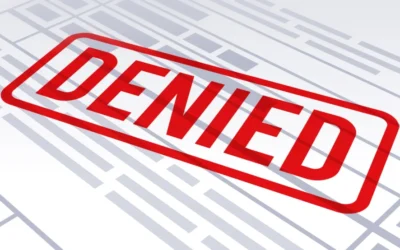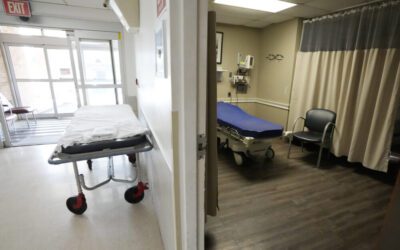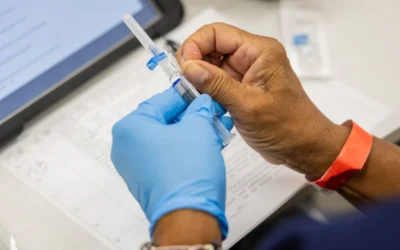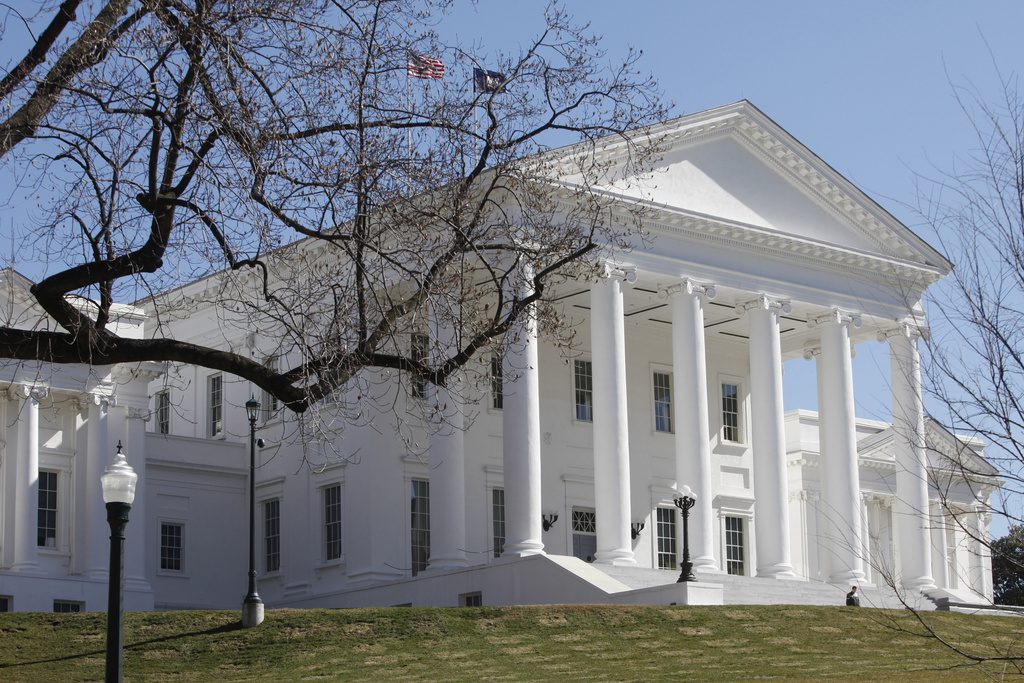
FILE - The Virginia Capitol is seen March 4, 2010, in Richmond, Va. (AP Photo/Steve Helber, File)
In the aftermath of the One Big Beautiful Bill’s (OBBB) passage, Virginians must ask: What does this sweeping legislation truly mean for our communities?
Marketed by the Trump administration and MAGA-aligned members of Congress as delivering “the largest middle-class tax cut in history, permanent border security, massive military funding, and restoring fiscal sanity,” it’s been branded as a monumental historic achievement.
But the truth is far more sobering – especially here in the Commonwealth.
Beneath the rhetoric lies a bill that will gut healthcare access for millions, particularly low-income and marginalized communities, by targeting Medicaid in one of the most significant rollbacks of public health infrastructure in modern U.S. history. Approximately 1.9 million Virginians are on Medicaid, and those most likely to be affected are the more than 600,000 people who became eligible after the state expanded its program in 2018.
One of the most alarming consequences of the OBBB is its impact on reproductive healthcare—an area already under serious pressure following the fall of Roe v. Wade in 2022. Because Medicaid is a key source of funding for preventive and reproductive care for low-income patients, any cuts directly threaten access to these services. Now, the OBBB threatens to deepen that crisis, particularly for low-income and rural Virginians who rely on Medicaid and local clinics to access basic care. Central to this threat is an OBBB provision that blocks all federal Medicaid funding to Planned Parenthood for a year.
On July 28th, a federal judge issued a preliminary injunction blocking the OBBB provision that seeks to cut off Medicaid funding to Planned Parenthood. This ruling ensures that—for now—Medicaid patients can continue receiving care at Planned Parenthood clinics, and providers can continue to receive reimbursements, while litigation proceeds. But its goal is unmistakable: to cut off one of the nation’s largest providers of reproductive and preventive care for low-income patients. If implemented, the fallout in Virginia would be swift and severe.
The injunction followed an emergency motion filed by Planned Parenthood after Judge Indira Talwani initially granted relief only to a narrow subset of affiliates—those not providing abortions after October 1 or with lower Medicaid revenue. The updated ruling now protects all 47 affiliates nationwide. In her decision, Judge Talwani wrote that Planned Parenthood has a “substantial likelihood of success” in its argument that the provision violates the Constitution.
The Virginia League of Planned Parenthood operates five clinics across Greater Richmond and Hampton Roads—regions home to folks on Medicaid and few alternative options. These centers provide critical services like cancer screenings, STI testing, birth control, abortion care, and routine exams. While abortion is among the services offered, Medicaid prohibits coverage in nearly all cases, forcing patients to pay out of pocket or rely on external support networks. The vast majority of care provided at these clinics is preventive and routine care, which would become even harder to access if federal funding to Medicaid is cut.
Even with the legal protection put in place—for now—the damage is already being felt. Since the bill was signed into law, at least 32 Planned Parenthood clinics across the country have announced closures. The nation’s largest affiliate, Planned Parenthood Mar Monte, has already shut down five clinics and anticipates a $100 million loss in annual revenue. These closures are a clear example of how access to reproductive healthcare can be dismantled through financial pressure—even without an outright ban.
And yet, even as the law moves forward, Virginia state officials remain largely in the dark. “We do not have [Centers for Medicare and Medicaid Services] guidance for 90% of this,” said Cheryl Roberts, Virginia’s Medicaid Director. “When I say ‘we don’t know’ — we really don’t know yet.” In the absence of clear guidance, clinics, hospitals, and patients are left to brace for devastating consequences without knowing exactly how—or when—they’ll arrive.
For abortion seekers—Virginians and those traveling to the Commonwealth from more restrictive states—financial support often comes from abortion funds like the Blue Ridge Abortion Fund (BRAF), one of only four in the state. Funds provide both financial and logistical assistance to support folks accessing abortion care. As someone who has the honor of serving as BRAF’s communications director, I see firsthand the impossible choices people face when access is restricted and costs are pushed onto individuals. Defunding Planned Parenthood limits the number of clinics available to provide safe and effective abortion care in the state. This measure won’t eliminate the need for abortion care, but rather threaten equitable access to healthcare for those who need it most.
Planned Parenthood has estimated that up to 200 clinics could close nationwide. In Virginia, that would mean fewer access points, longer wait times, and worsening health outcomes — especially for rural, working-class, and Black and Brown communities needing to access reproductive healthcare. This isn’t just a funding cut. It’s a targeted dismantling of public health infrastructure, carried out under the banner of fiscal responsibility.
The One Big Beautiful Bill offers nothing beautiful to the millions losing access to essential healthcare. The injunction may offer a temporary legal backstop—but clinics are still closing, and the threat of defunding is far from over. If we are serious about upholding liberty, dignity, and real access to healthcare, we must protect access to reproductive care — not legislate it out of reach. Virginians can’t afford to lose more. Our communities deserve better. We must speak out, organize, and defend the care that helps people lead healthy, autonomous lives.
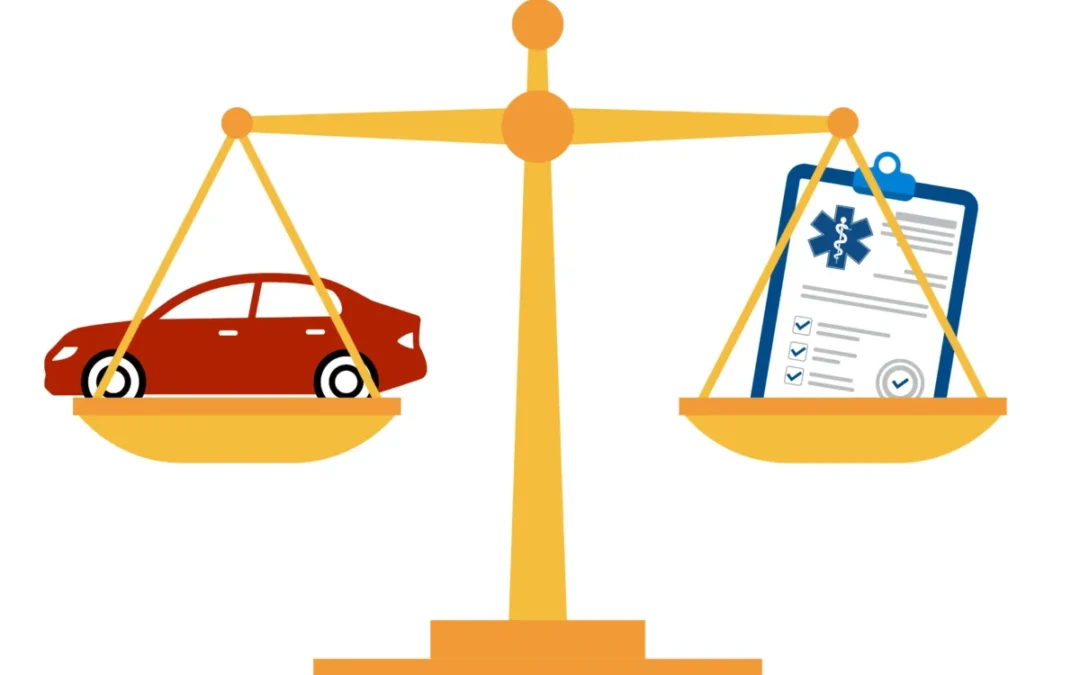
A new car vs. health insurance? Average family job-based coverage hits $27K
By Phil Galewitz, KFF Health News With the federal shutdown entering its fourth week, spurred by a stalemate over the cost of health insurance for...
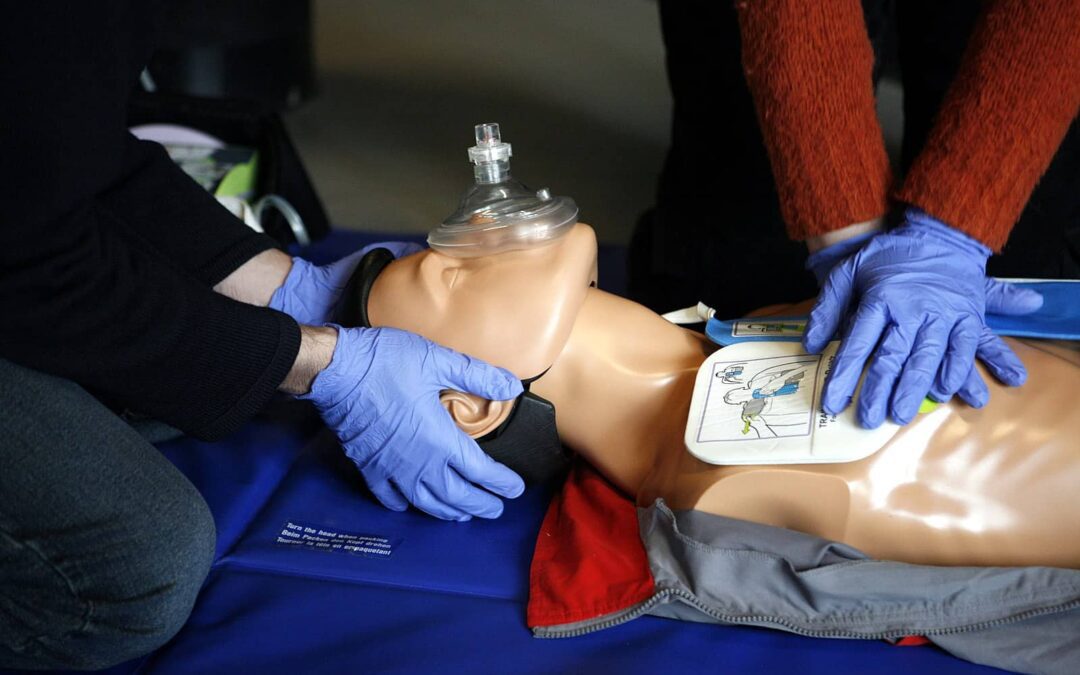
Heart health meets community action: CPR kiosk opens in Richmond
The American Heart Association is making it easier than ever to learn CPR. Here’s what you need to know about Richmond’s new interactive training...
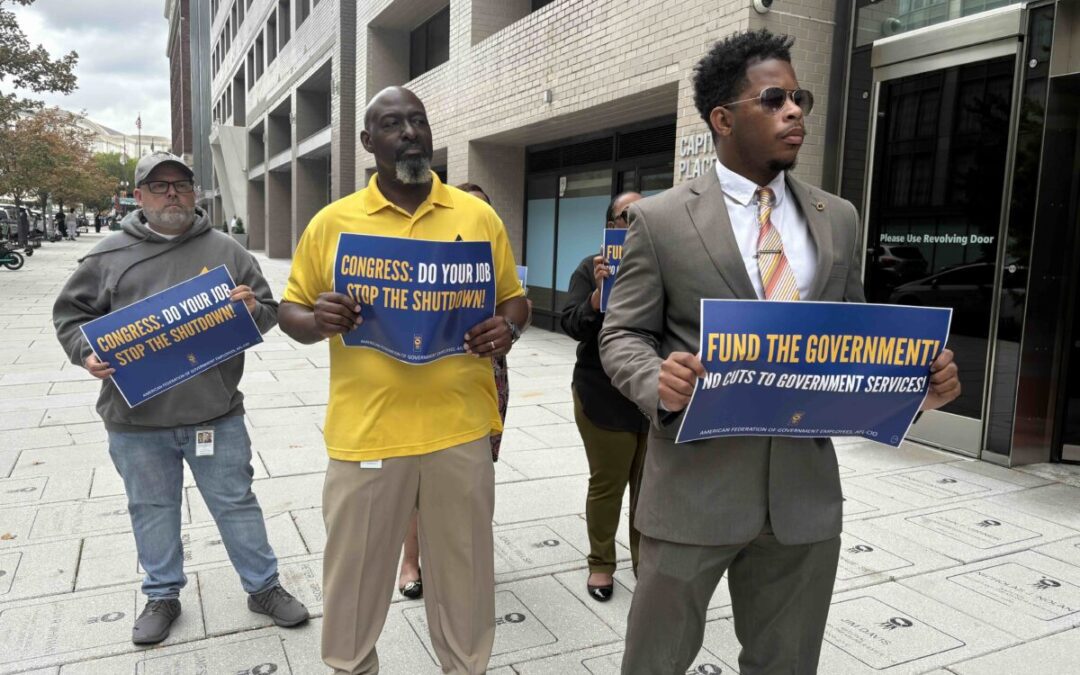
Virginians call on Republicans to protect health care, end shutdown
Virginians voice their fears about what the loss of health care subsidies will mean for them and their families, and union leaders representing...
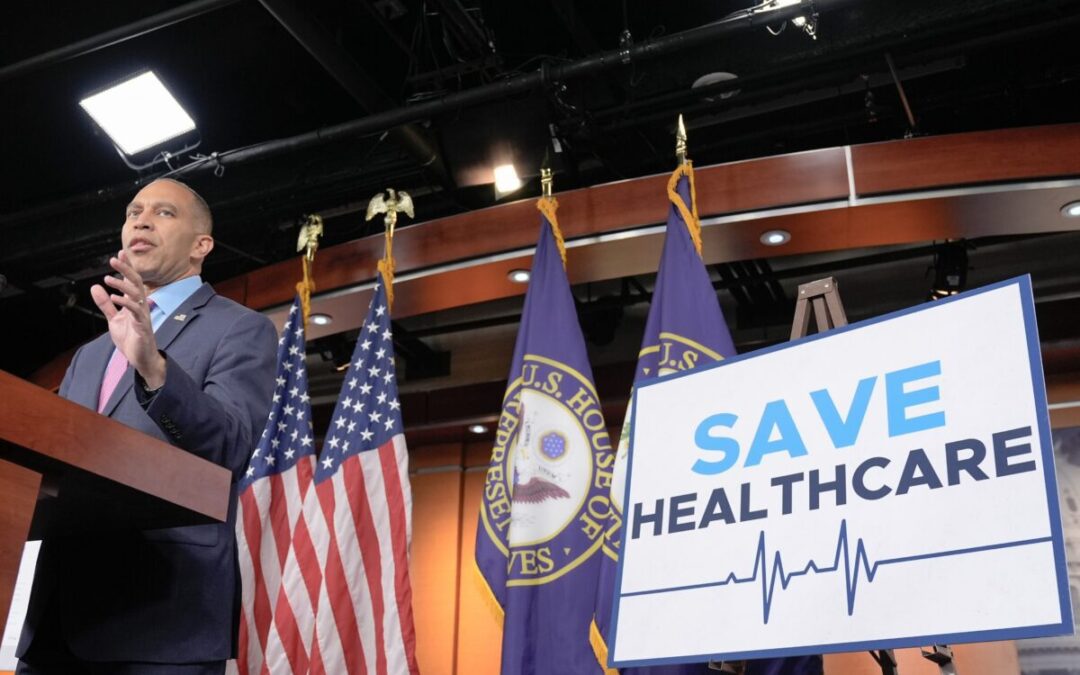
Virginians will see health insurance premiums surge if ACA subsidies expire
Republicans in Washington have refused to include an extension of important health care tax credits in a federal spending bill to re-open the...

OPINION: Virginia needs lower drug prices now
I read with interest about Democratic gubernatorial candidate Abigail Spanberger’s plans for health care reform in Virginia. As a Virginian and a...
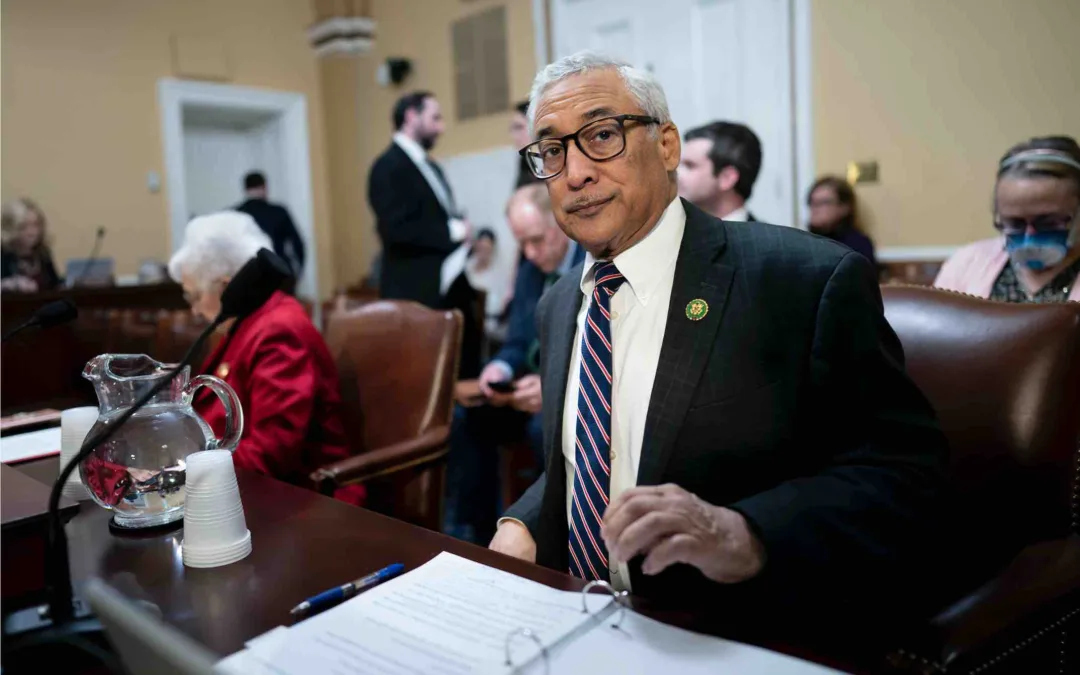
Virginia Dems fight to prevent healthcare losses, premium hikes
Letting Affordable Care Act (ACA) tax credits expire at the end of the year, as Republicans appear willing to do, could cost tens of thousands of...



